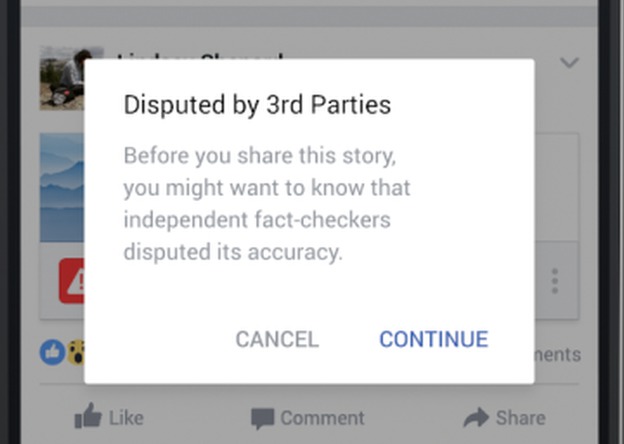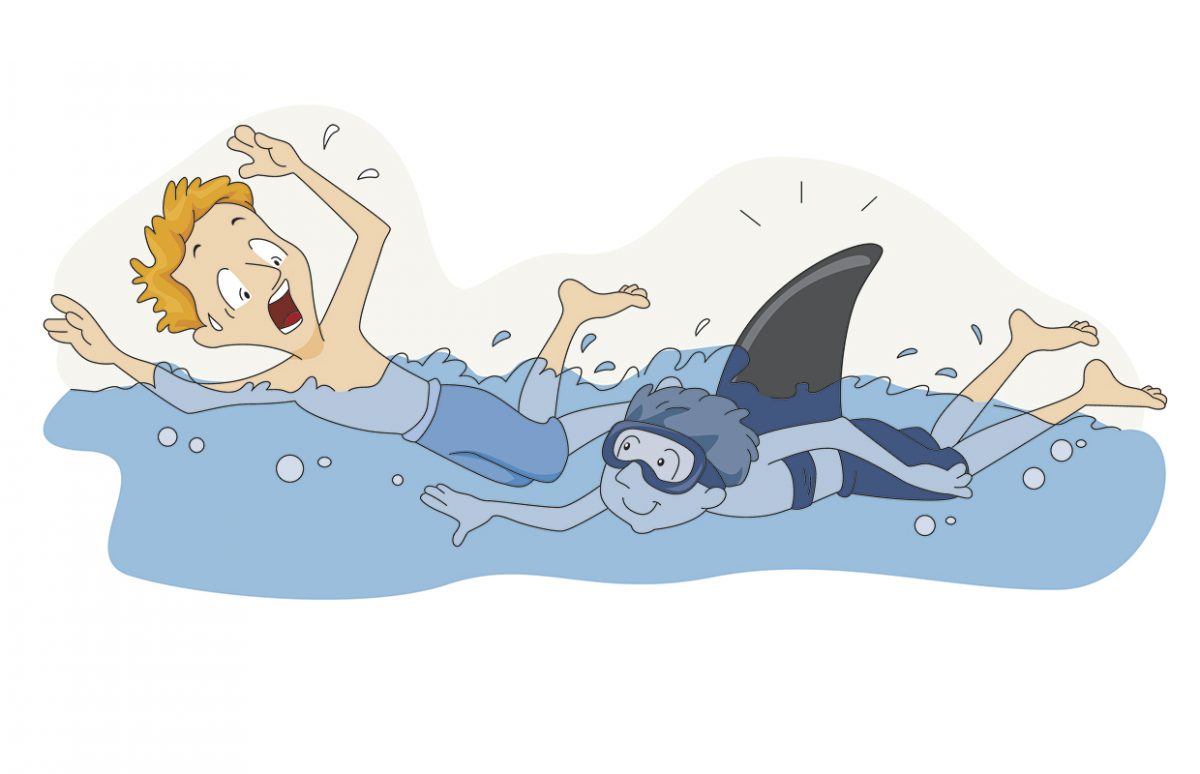Traditionally, on April Fools Day, the media in the English-speaking world love to run hoax stories. But in these days of fake news, how easy will it be to tell the April Fools from the usual run of internet rumours on 1 April? Luckily, April Fools Day is followed by International Fact-checking Day.
Which of these stories do you think are true, and which are April Fools' jokes?
- An English schoolboy points out mistakes in data to NASA.
- Labradors interview applicants for a veterinary nurse training course.
- A restaurant booking site offers a new service: lickable photos so you can taste the specialities
- Broadchurch actress Olivia Colman is signed up to play James Bond.
- £48 million-worth of cocaine washes up on an English beach
- An Australian bank introduces a new range of bank cards: the Cardashians
- Transparent wood could soon replace glass in Swedish windows.
April Fool's Day comes but once a year, and only for half a day (traditionally, jokes played after midday rebound, and the joker becomes the fool). Fake news, on the other hand, seems here to stay. As we all consume more and more "news" digitally, the potential for a story to "go viral" is enormous.
Fake news on the Internet has been around for a while, but the issue started making headlines during the British EU referendum campaign and the U.S. Presidential elections last year. Politicians and parties accused their opponents of spreading fake news in an attempt to manipulate the elections – either by discrediting candidates or policies, or spreading stories that artificially boosted one side's arguments.
There is no doubt that there was some of that going on, but a lot of fake news is actually created for financial gain. By attracting "likes" and "shares", sites boost their popularity and the associated paying advertising. Social media sites such as Facebook, indiscriminately include fake news into users "news feeds" if people there are friends with like or share the posts.
During the 2016 U.S. elections, U.K. newspaper The Guardian unearthed over a hundred sites based in one town in Macedonia publishing fake, pro-Donald Trump news.
Other sites say they are principally producing satire, or entertainment, but they don't seem to mind cashing in.
Become a Fact-checker
Of course, anyone can publish a story on the Internet. But equally, anyone can debunk a fake story. As readers or viewers, we need to be aware of what we're reading. Is it a satirical fake story we're reading for a laugh? No problem. Is it a malicious story with a "clickbaity" headline designed to lure readers into sharing without reading thoroughly? Only readers can stop the chain of shares.

Teach Kids to Be Sceptical
A generation that has grown up with most of their information coming from the Internet often seem to lack the reflex to question information they receive. Teachers the world over struggle to get pupils to go beyond the first "fact" that appears when they put a query into a search engine.
The OECD's Pisa tests are famous for their international rankings of pupils' skills in reading, maths and science. A new round of tests from 2018 plans to include "global competence". One of the key components of it is analytical and critical thinking. The OECD education director Andreas Schleicher said, "Being aware that there is something like fake news, that there is something that is written that is not necessarily true, that you have to question, think critically. That is very important. This is something that we believe schools can do something about."
No More Fools Day
The International Fact Checking Network organises an International Fact-Checking Day, appropriately on 2 April. It's great occasion to do some media education with your classes. See our webpicks for teaching resources.
In the meantime, in answer to our April Fool's question at the top of this post: the third, fourth and sixth stories were April Fools. The rest are incredible but true. As they say, sometimes truth is stranger than fiction!
Copyright(s) :
Lorelyn Medina/Shutterstock
Tag(s) : "April" "April Fools" "education aux medias" "EMC" "EMI" "fake news" "Information" "Information communication citoyenneté" "media" "news" "traditions"





